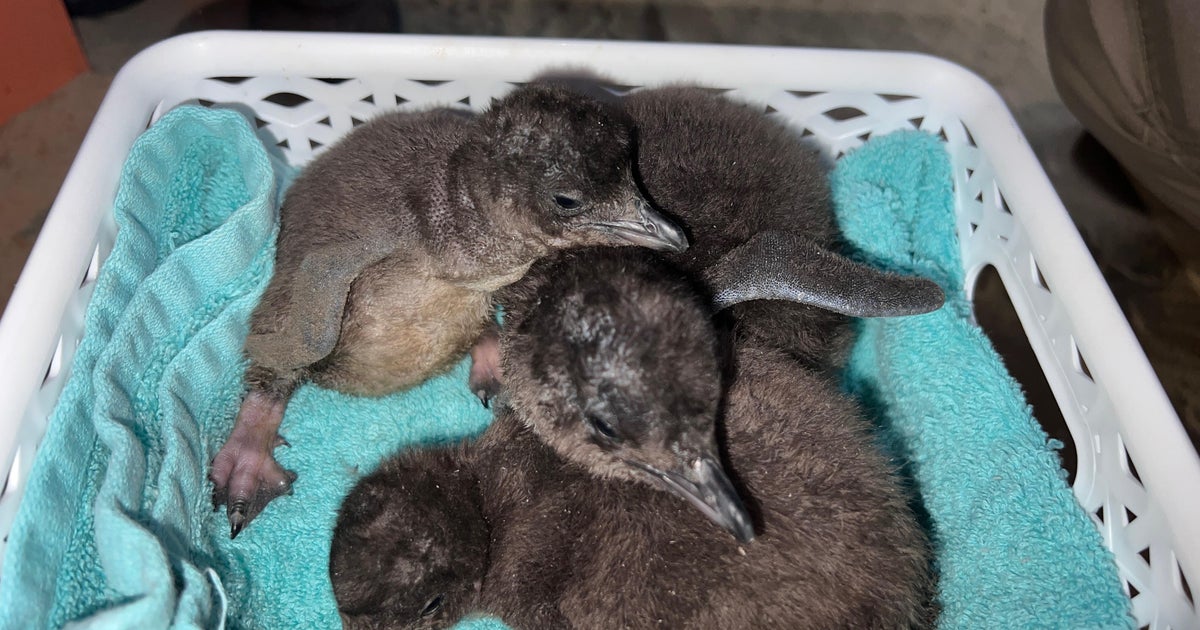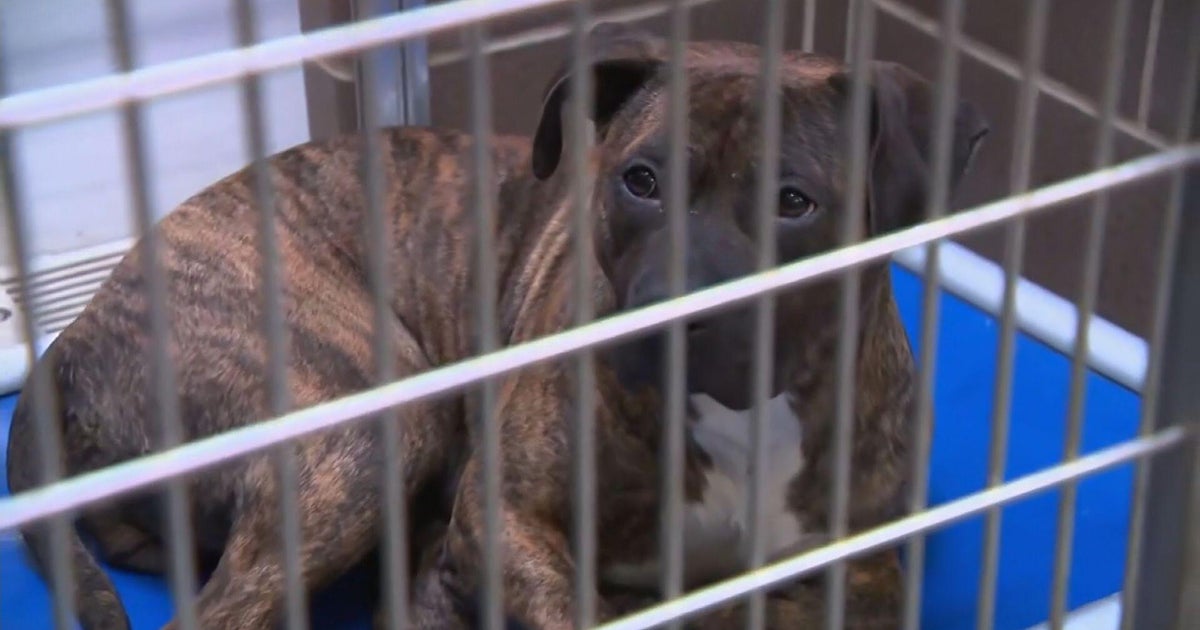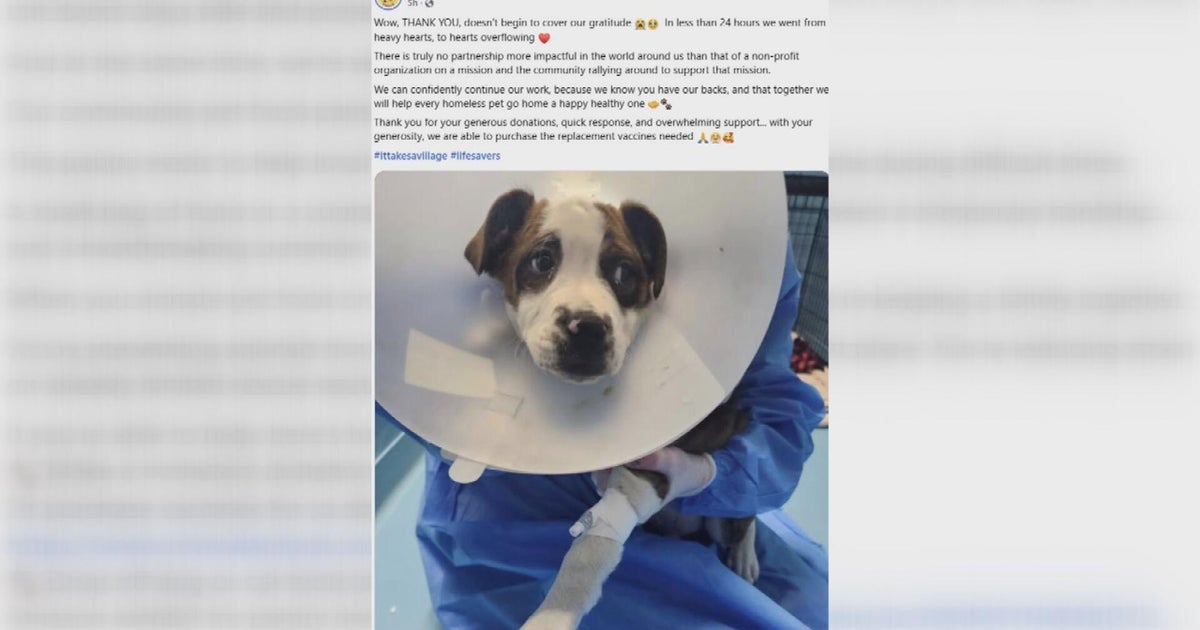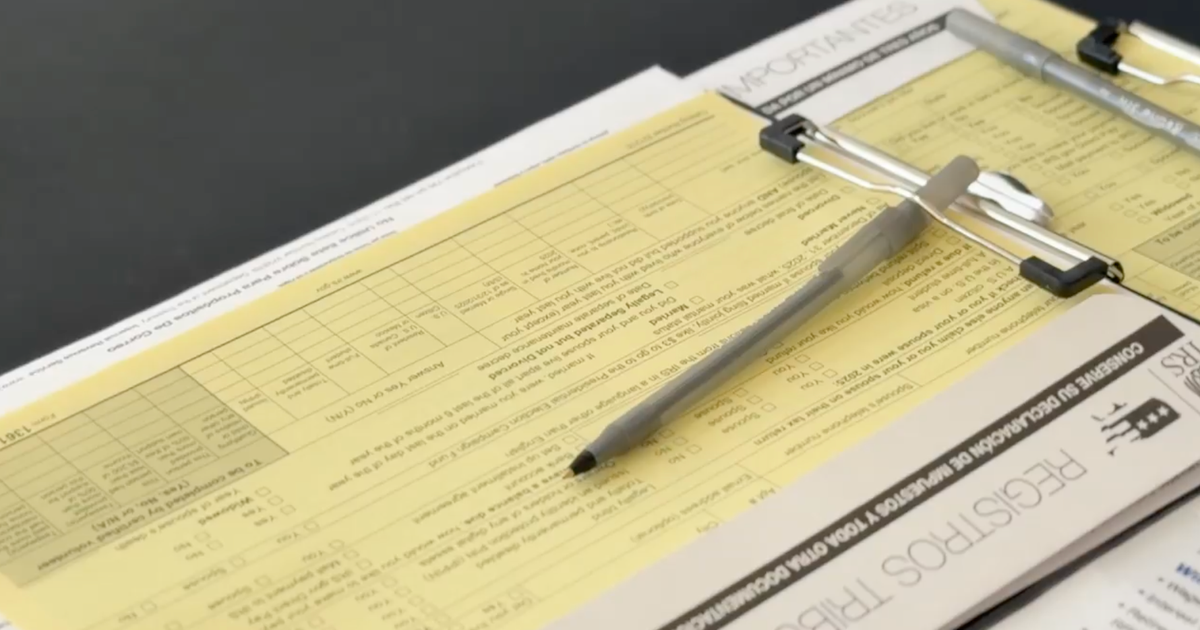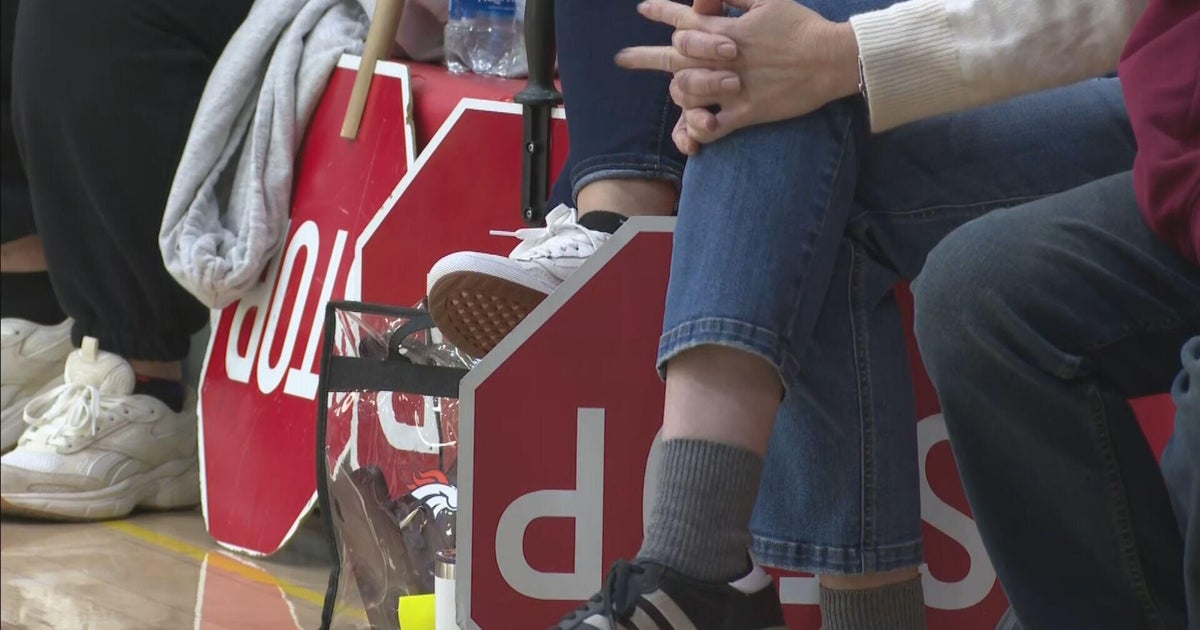How Animals Are Trained At The National Aquarium
BALTIMORE (WJZ) -- Training animals for any behavior takes a lot of patience, but it is an important part of their health care.
When you think about training at the aquarium, we're not talking about dolphins flipping in the air, it's much simpler than that. Instead, they're learning how to cooperate with their keepers as part of their daily routine.
Emily Kelly, a senior aquarist, and the Blue Wonders exhibit team have been working on target training Zuri, a 6-year-old zebra shark, since February.
"We wanted Zuri to be able to swim calmly on her own choice into a stretcher," said Kelly.
Anaka Nazareth, a behavioral husbandry coordinator at The National Aquarium, said it's one of the first steps in a training session for any animal at the aquarium.
"Target training is one of the best tools to communicate with the animals, what we'd like them to do, where we'd like them to go, what position we'd like their body to be in," said Nazareth.
Here's how it works:
When it's feeding time, a target is placed in the water. Once Zuri approaches the target, she's given food, so that in time she starts associating the target with food as a positive reinforcement.
Placing the target in the water is a bit like ringing a dinner bell, telling Zuri that it's time to eat.
"When that target is present in that environment, they get that food, their reinforcer for doing something. They start to approach that target… they're just like, 'Oh cool, this means that something great is coming," said Nazareth.
Targets can come in all different sizes, shapes and colors, but they don't always have to be physical -- it could also be a sound or smell.
Experts said this training is vital to helping aquariums take care of their charges and keeping the animals' minds and bodies active.
"Every animal can learn. As long as we are smart enough to be able to figure out what is reinforcing to those animals, we can start that dialogue and that communication," said Nazareth.
"It's super important to build trust with them just because as their caretakers, we're responsible for their health and welfare so we need to make sure that they are the healthiest they can be," said Kelly.
The Blue Wonders team said Zuri is all done with her target training and recently had her first successful exam after voluntarily going in her stretcher.
"Anything we can do to help have the animals voluntarily participate in their care is huge in their world. It really helps us to bump up their welfare that much higher," said Nazareth.
The plan for her future training is to continue working on behaviors that will help caretakers create the most stress-free way possible. They are working towards her voluntarily participating in taking her weight, as well as a medical exam, which might include taking her measurements (e.g., body length and girth), doing an ultrasound, and taking a blood sample -- all while she is still on exhibit and can swim away at any point if she chooses.
"We can't speak shark. I would love to speak shark, but training is a common language that we can establish. So it is a dialogue, they're letting us know what they're interested in and we're letting them know what we would like them to do so we collaborate," said Nazareth
